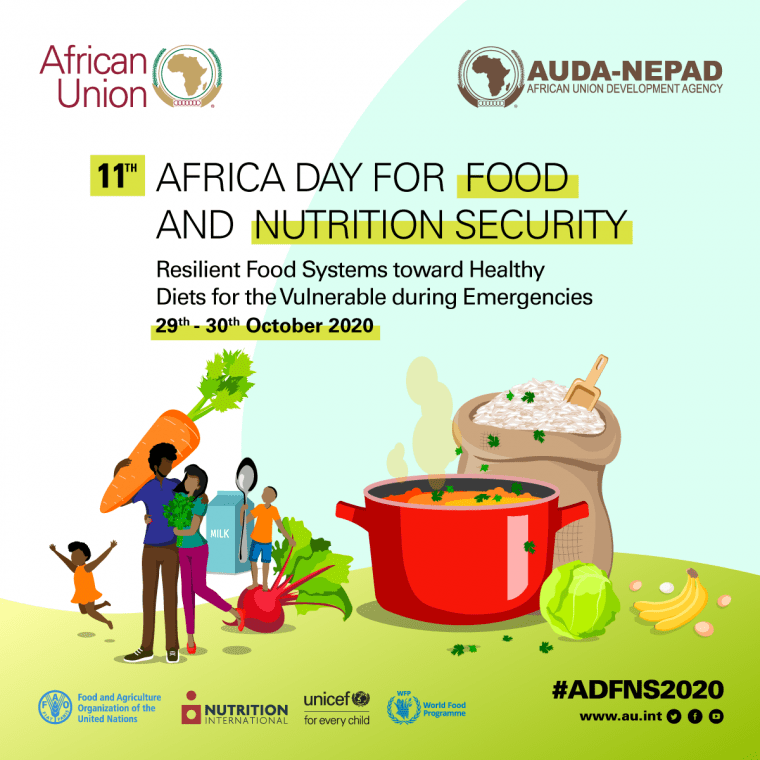Ressources
Fruit and Vegetables for Health Report of a Joint FAO/Who Workshop, 1–3 September 2004, Kobe, Japan
Five keys to growing safer fruits and vegetables: promoting health by decreasing microbial contamination
Assessment of Existing Food Security And Vulnerability Mapping Systems and the Adverse Effects of Rising Food Prices on Children and Women in Mena Region
The global economic crisis and impacts on children and caregivers: emerging evidence and possible policy responses in the Middle East and North Africa
Agenda 2063 is Africa’s development blueprint to achieve inclusive and sustainable socio-economic development over a 50-year period.
In a world where every click, every share, and every tweet can broadcast one’s thoughts to a global audience, the digital realm has becom











